Mozambique reports over 11.5 million malaria cases in 2024
Mozambique: Health Minister hopes Covid-19 vaccines will arrive in May/June – AIM report
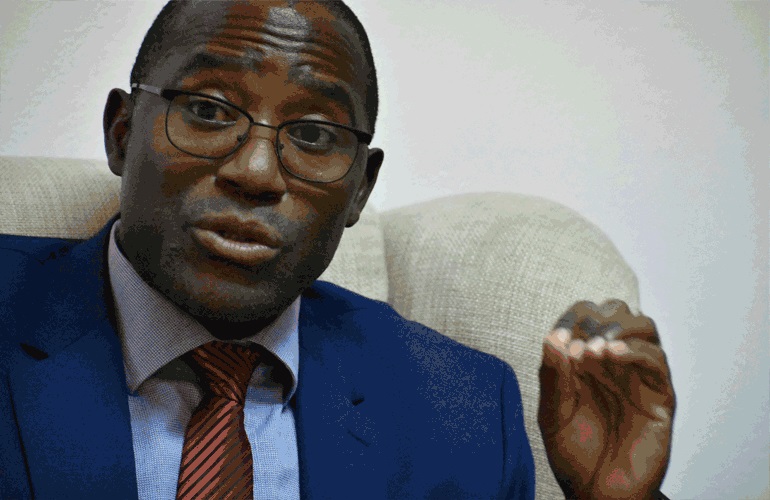
File photo: Noticias
Mozambican Health Minister Armindo Tiago expects that the country will receive one of the vaccines against the coronavirus that causes the Covid-19 respiratory disease between May and June.
Interviewed by Radio Mozambique, he added that “in an optimistic scenario” a start can be made on vaccinating priority groups in late June or early July.
Also read: Mozambique: Covid-19 vaccination ‘to start in July’; priority groups identified
Tiago stressed that vaccines “should not be seen as something that will solve all the problems of the coronavirus”. Vaccination “complements the measures currently in force against Covid-19”.
He said that Mozambique, like most other southern African countries, has joined the Covax initiative, which now covers 187 countries. “This initiative”, he added, “will allow us to have a safe vaccine, pre-qualified by the World Health Organisation (WHO), and it could reach the country free of charge”.
“We are talking about six million doses, which corresponds to only 20 per cent of the Mozambican population”, said Tiago.
Several steps were necessary before receiving the vaccine, and Mozambique has completed two of them. “We have already submitted a technical assistance plan”, said the Minister. “That is, since the vaccine is new and we don’t yet know much about it, we need to ask experts to come here who can advise us on the vaccination”.
“We have also already submitted our candidacy for access to the vaccine, in which we specify the priority groups, those who will be the first to be vaccinated”, he continued.
In February, the government will submit its requirements for the cold chain, since “whatever vaccine is used, it will need a cold chain”. Tiago said the final stage will be to submit an implementation plan, “which will explain the procedures we are going to adopt for the vaccination throughout the country”.
Asked how the government is dealing with the Covid-19 pandemic in the northern province of Cabo Delgado, which is under attack from terrorist groups linked to the self-styled “Islamic State”, Tiago said “the human dimension of what is happening in Cabo Delgado is incalculable”.
In April 2019, Cyclone Kenneth struck the province, and destroyed several health units. “When many of these were rebuilt, the terrorists stepped up their activities”, said Tiago. As a result, at least 41 health units in Cabo Delgado were no longer operational and most of these have been completely destroyed.
“We had to adopt the system of mobile brigades to attend to the public, particularly to those who have been displaced from their homes”, he continued. “We also had to redeploy health staff from the units that were paralysed or destroyed to the areas where the population had moved”.
“For example, the health directors of Quissanga and Mocimboa da Praia districts are now in Metuge, which is where the people they served have gone”, said Tiago.
He believed the Covid-19 situation had improved considerably. The outbreak in Palma district (where the natural gas liquefaction plants are being built) had been brought under control. As for the provincial capital, Pemba, the second city where the Health Ministry declared that community transmission of the coronavirus was occurring, there too the situation had improved.
“We took the decision to open a Covid-19 testing laboratory in Pemba, and it has the capacity to carry out 200 tests a day”, Tiago said.


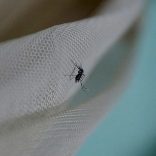
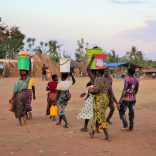
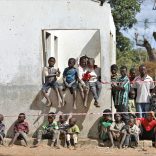
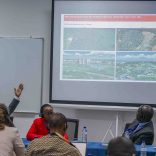





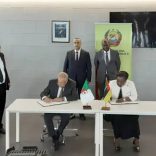

Leave a Reply
Be the First to Comment!
You must be logged in to post a comment.
You must be logged in to post a comment.